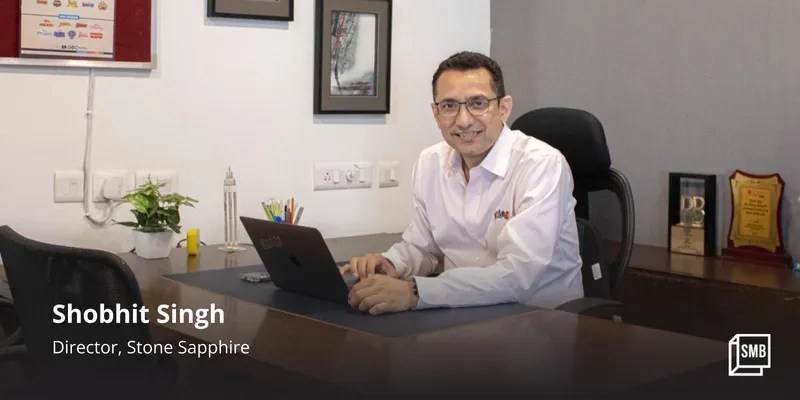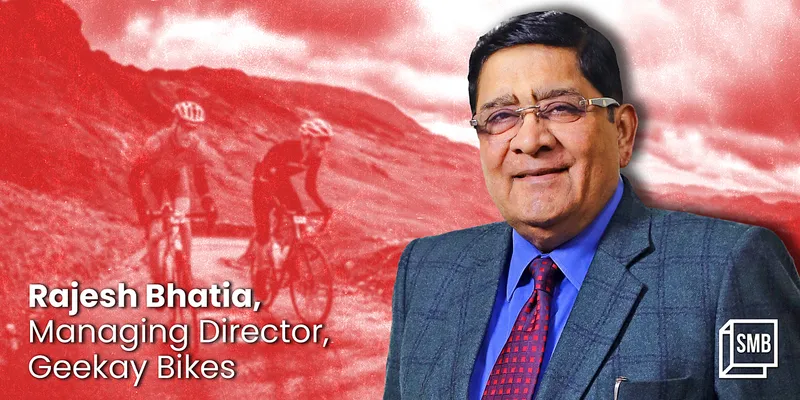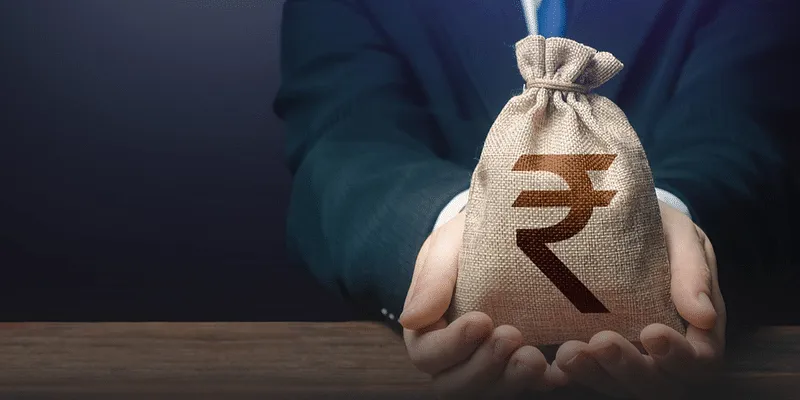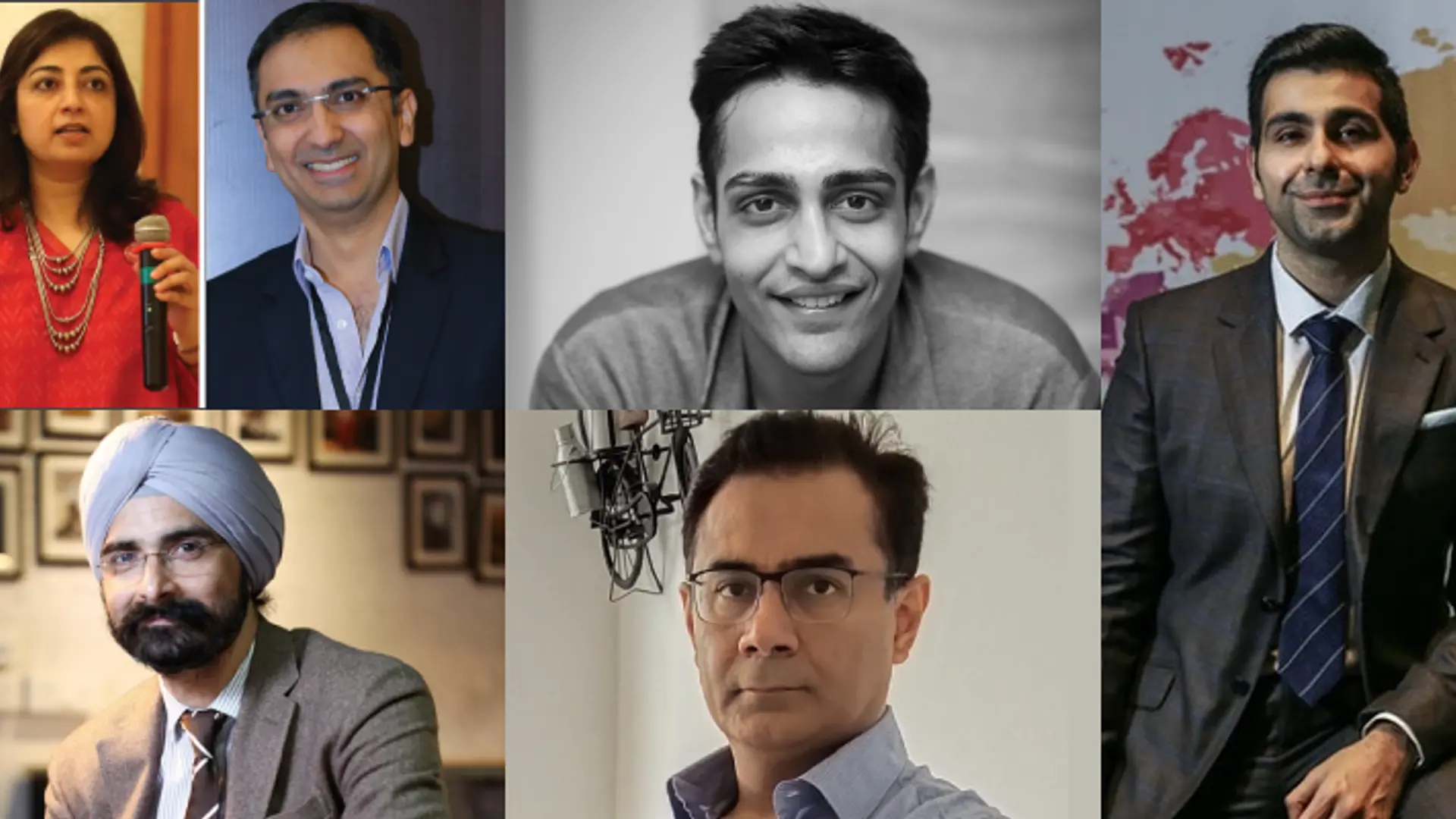From Stone Sapphire’s growth plans to Geekay Bikes’ unique offerings, the top SMB stories of the week
This week, SMBStory featured stories of businesses established through years of determination, dedication, and innovation.
Steve Jobs once said, “If you really look closely, most overnight successes took a long time.” The stories SMBStory covered this week are evidence of this.
Read these stories of businesses that succeeded with perseverance, dedication and the spirit of innovation.
Stone Sapphire

Stone Sapphire has created a name for itself in the toys and stationery categories. Next on their agenda is the launch of a homeware brand, Peggy Oliver.
The company began as an export unit for Red Ridge Global in 2006.
Red Ridge Global kicked off its journey as a maker of do-it-yourself (DIY) kits, Christmas decorations, and paper stationery in 1999. It set up its first manufacturing unit in Shanghai and started distributing to businesses in North America.
Then came the anti-dumping duty—a tax levied on foreign goods if the government believes they are priced below the fair market value.
A few years later, in 2006, Stone Sapphire, the Indian arm of Red Ridge Global, came along.
Stone Sapphire’s first break came when Hasbro, a leading American toy company, offered the Vadodara-based business a chance to distribute its stationery in India.
This was when it decided to play in the big league—take on distribution with Hasbro, armed with Red Ridge’s manufacturing capacity in China.
Stone Sapphire took another major route—beginning its own stationery brand, Skoodle. Now, it counts over 100 stock-keeping units (SKUs) in its portfolio under toys and stationary each, which it actively distributes across the country.
Geekay Bikes

There is a growing market in India for electric bicycle conversion kits, which can transform standard bicycles into e-bikes with relative ease using an electric hub motor and a battery pack.
And this is where Ludhiana-based believes it has gained a first-mover advantage.
DIY electric bicycle conversion kits, which Geekay Bikes ventured into in 2016, now contribute around 20% of the company’s revenue.
The innovation to transform an ordinary bicycle into an e-bike was a watershed moment for the company, enabling it to tackle the issue of long-distance mobility at a fraction of the cost of owning a car or a two-wheeler.
Apart from e-conversion kits, Geekay Bikes also offers a range of e-bikes.
The company’s e-bikes can ride 50 km on a single charge and are priced between Rs 28,000 and Rs 42,000. It competes with players such as Hero Lectro and Meraki in this category.
While e-bikes and e-conversion kits are relatively newer product categories, the company has been in existence since the early sixties.
The story of Geekay Bikes dates back to 1961 when Devraj Bhatia set up the company. Initially, it was involved in the trading of bicycle parts in and around Ludhiana in Punjab.
Other top picks of the week
Cash Flow versus Asset-based Lending

Borrowing from commercial banks and NBFCs, or considering asset-based loans, requires credit assessments and a strong balance sheet. The process usually takes months to complete as lending institutions assess the liquidation value of assets, account receivables, collateral, and other determining factors.
Contrary to conventional lending, new-age fintech platforms are intertwining data and technology to provide financial access to enterprises with improved turnaround times and simpler documentation.
These solutions evaluate a business’s cash flows in the underwriting of the loan terms—a boon for micro, small, and medium enterprises (MSMEs) with limited funding options, as most do not meet the asset-backed lending criteria.
According to a BlinC report, formal lending institutions, including banks and NBFCs, cater to less than 15% of the MSMEs sector’s credit demand, and a credit gap of Rs 25 trillion needs to be bridged by cash-flow-based lending.
Edited by Swetha Kannan







